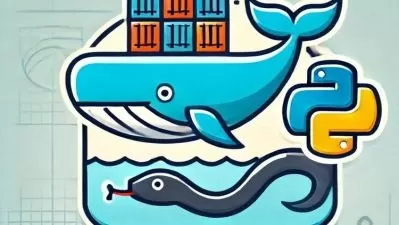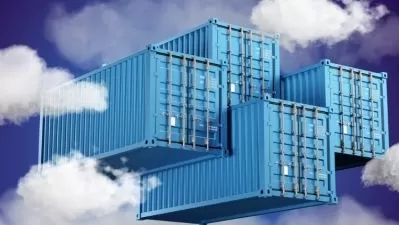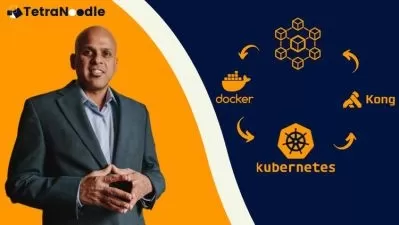About DockerLearn More
Docker is an increasingly popular entreprise-ready container platform that plays an important role in any DevOps toolchain. By containerizing documents, Docker allows developers to package applications and ensure their usability on any Linux machine, regardless of customized settings.
Sort by:
Sorting
The newest
Most visited
Course time
Subtitle
Frequently asked questions about Docker
Docker is an open-source project written in Golang that Dotcloud developed. It is a container engine that uses features of the Linux kernel to allow the creation and running of containers on top of another operating system. Containers differ from but are similar to virtual machines, in that Docker can run applications in a virtual environment that is isolated from the underlying operating system. Docker containers allow developers to bundle an application they are developing with all the libraries and dependencies it needs to function in one package. Because dockerized applications come with everything they need to run — and run in their own environment — you can deploy them on any operating system that has Docker installed with no issue.
Docker is an open-source container platform. This means that anyone can contribute code to the Docker project. They can also modify and extend the source code to add additional features if Docker doesn't come with what they need. Docker comes with an Apache 2.0 license, which is a permissive open source license. This license ensures the user does not have to worry about infringing on any patents by using or modifying the software. You can freely use, modify, distribute, and sell software based on the Docker codebase for personal, internal, or commercial use. You can even release your own modified version of Docker under any license you choose. The rights that come with Docker's license are perpetual, worldwide, irrevocable, and non-exclusive.
Kubernetes, also called k8s, is an open-source container orchestrator, meaning that it automates container operation. The Kubernetes platform provides an API that allows you to control when, how, and where your Docker containers will run. Kubernetes' initial purpose was to replace many of the repetitive manual processes required to deploy and scale containerized applications. Originally developed at Google, the platform later became open-source, giving the public access to help contribute to the software. Docker is a containerization platform. Kubernetes is an orchestration software platform, which works with Docker containers. Docker produces its own orchestration platform, called Docker Swarm, which competes with Kubernetes and uses the Docker API. Docker Swarm runs on a single node, while Kubernetes can run across a cluster of nodes. This makes Kubernetes generally a better fit for massive projects that need to coordinate clusters of nodes efficiently at scale.







